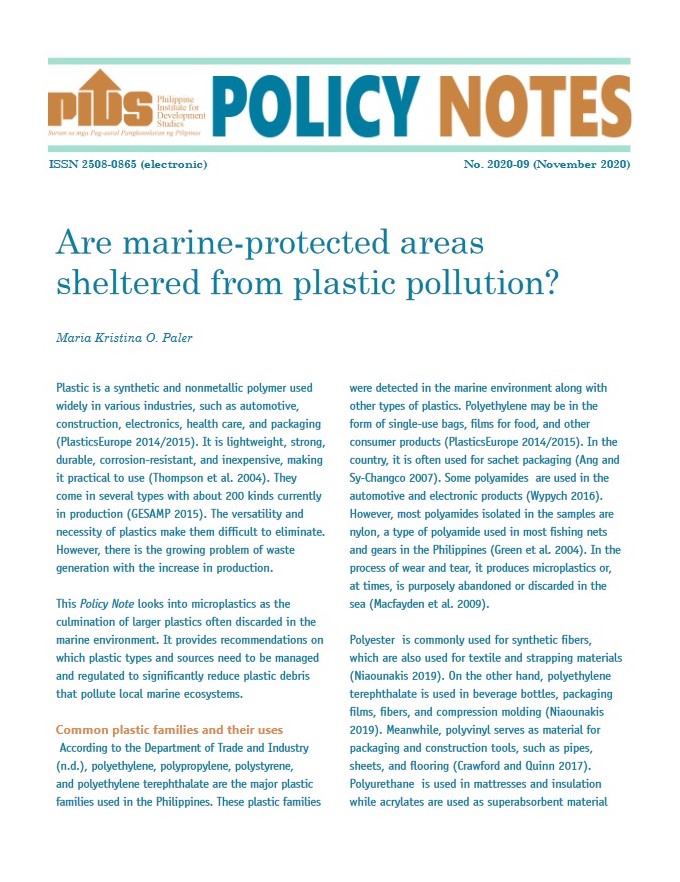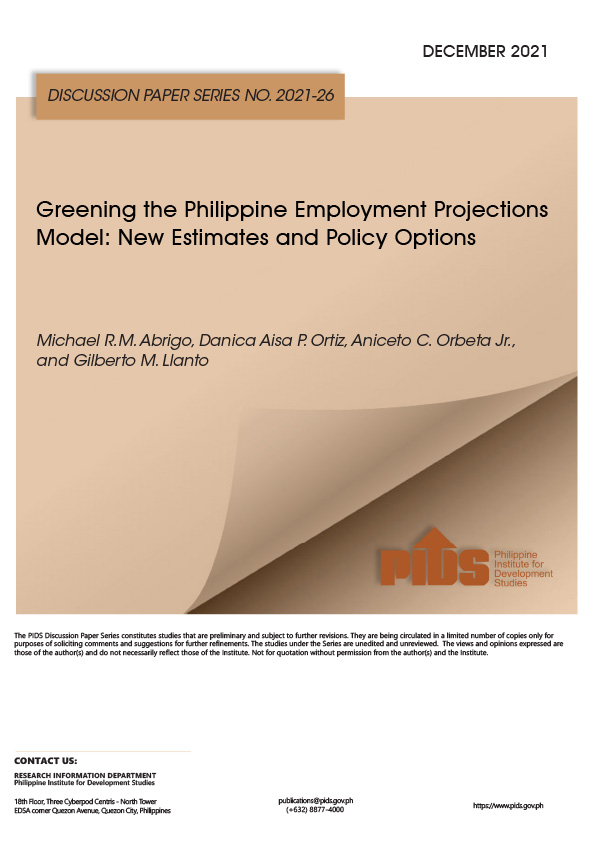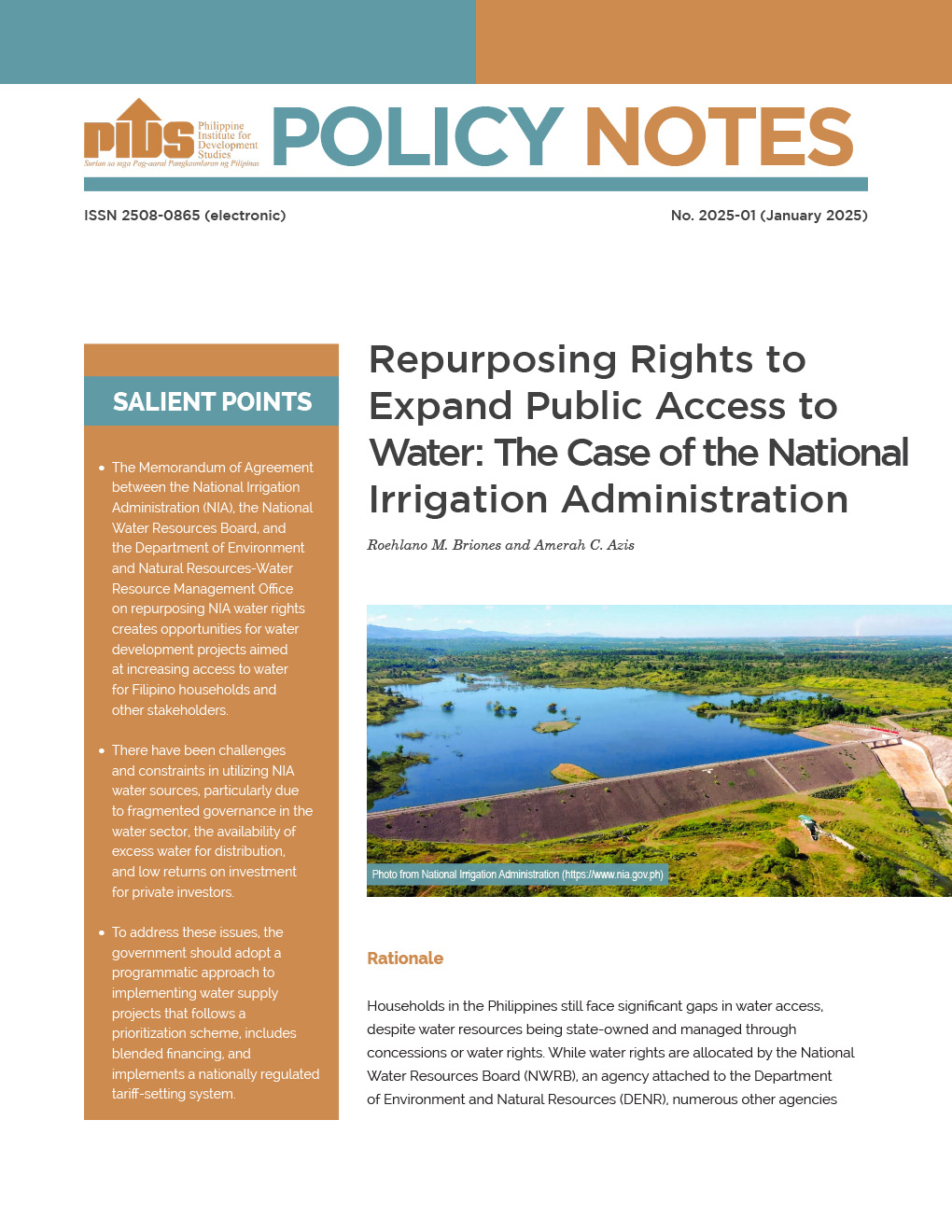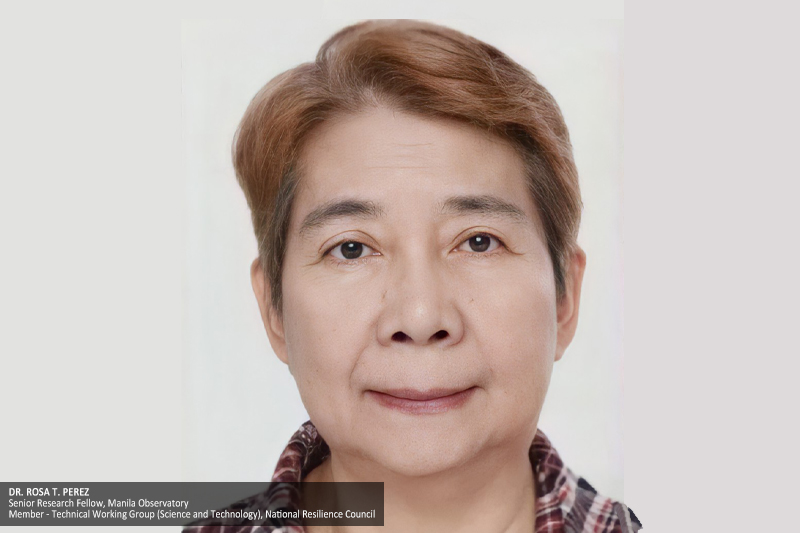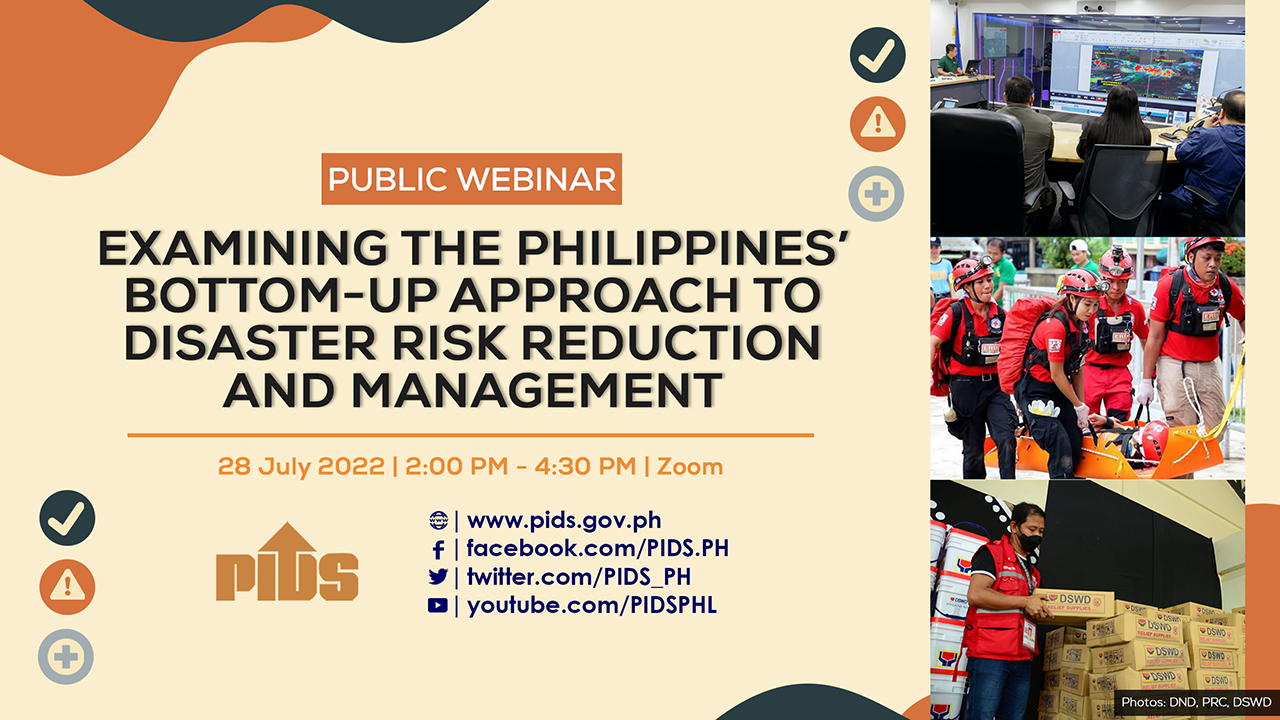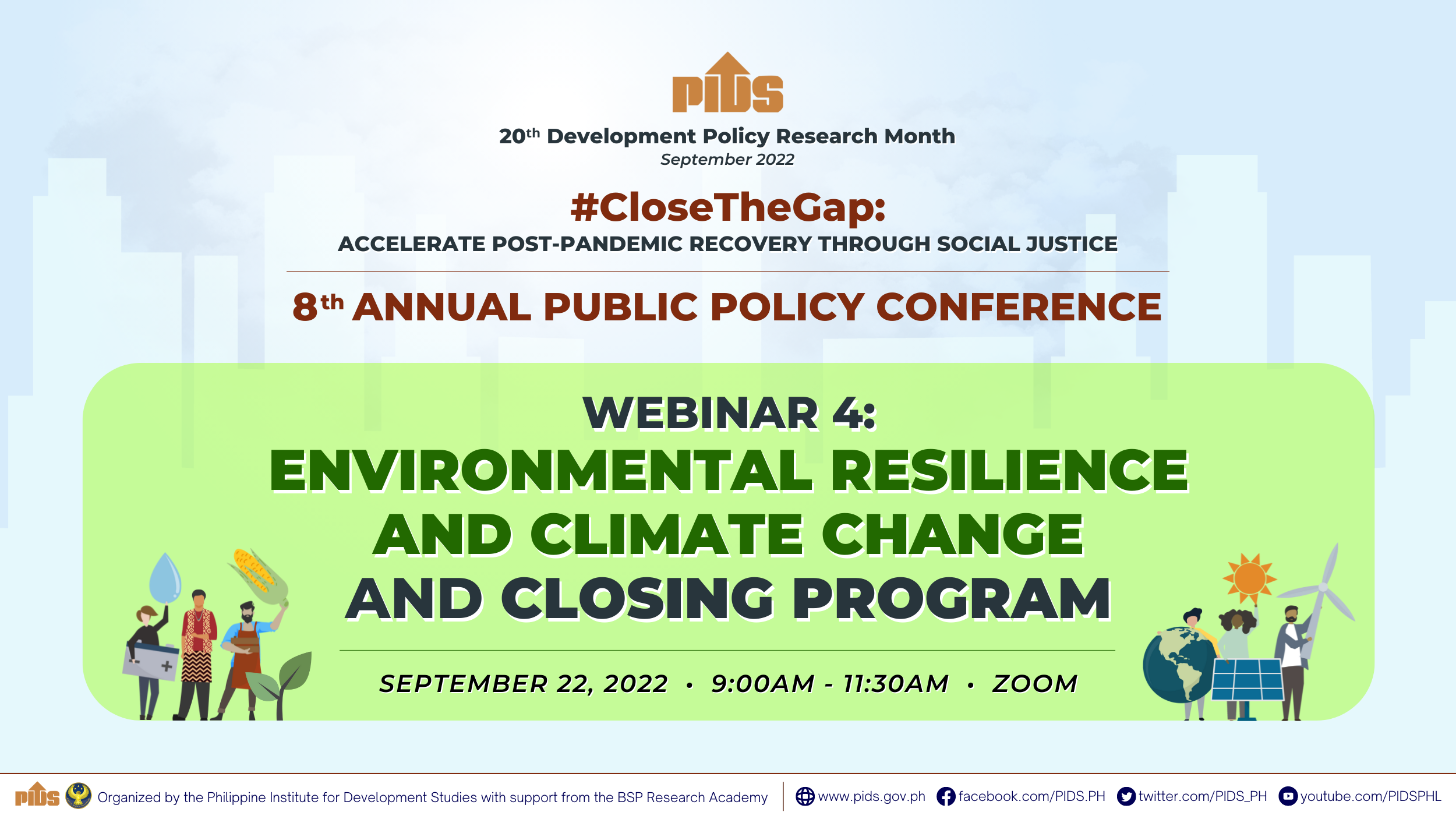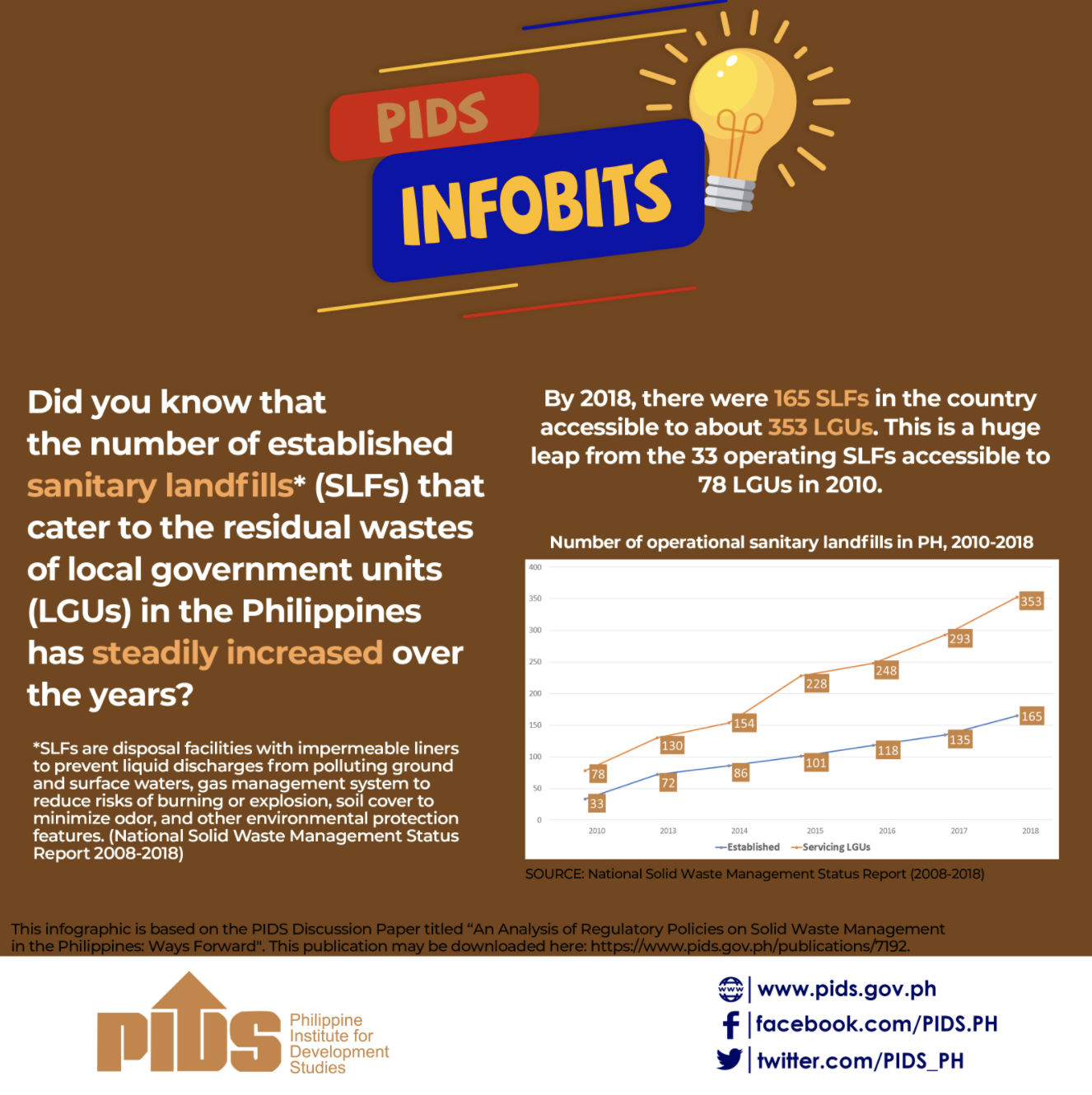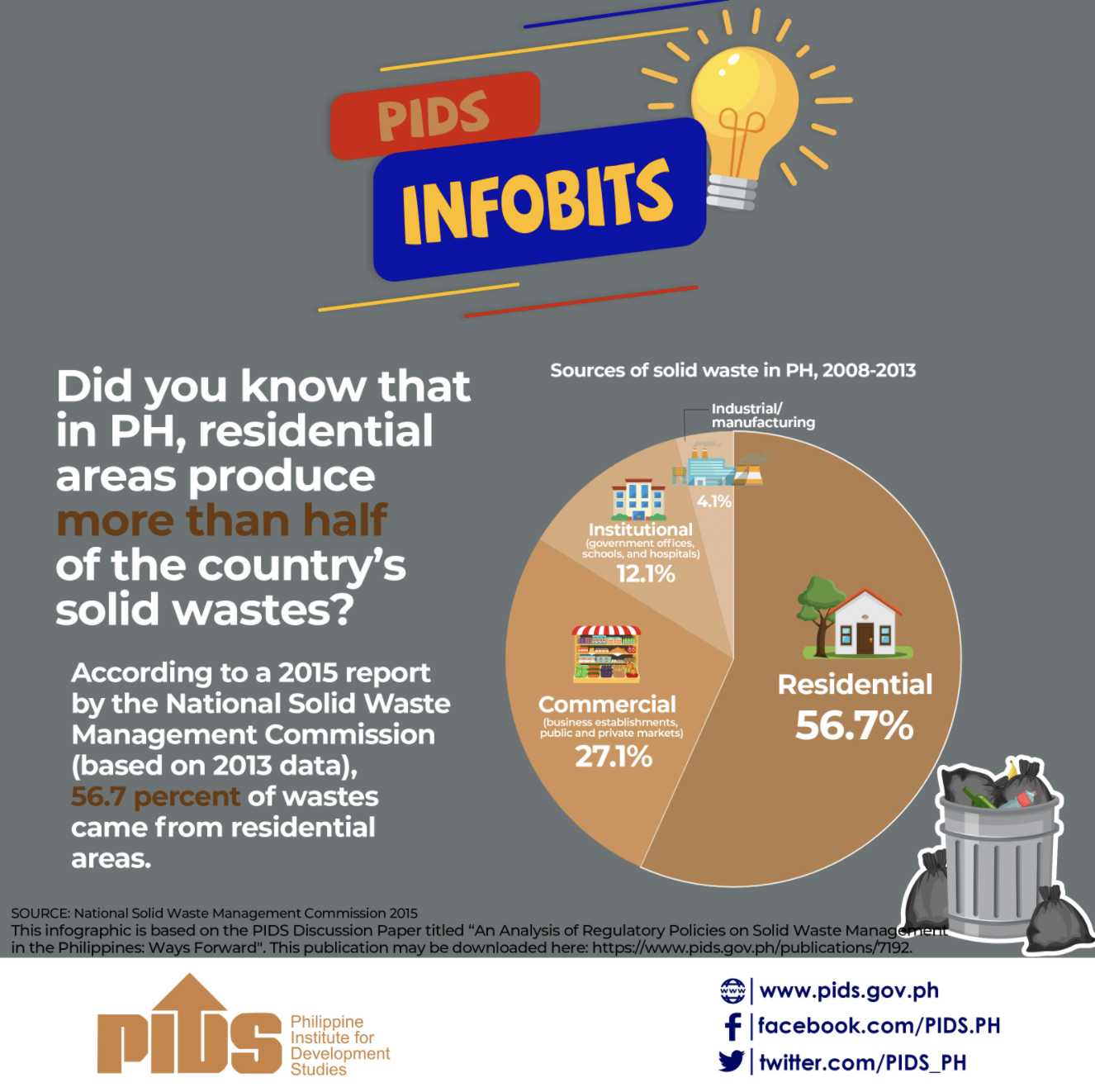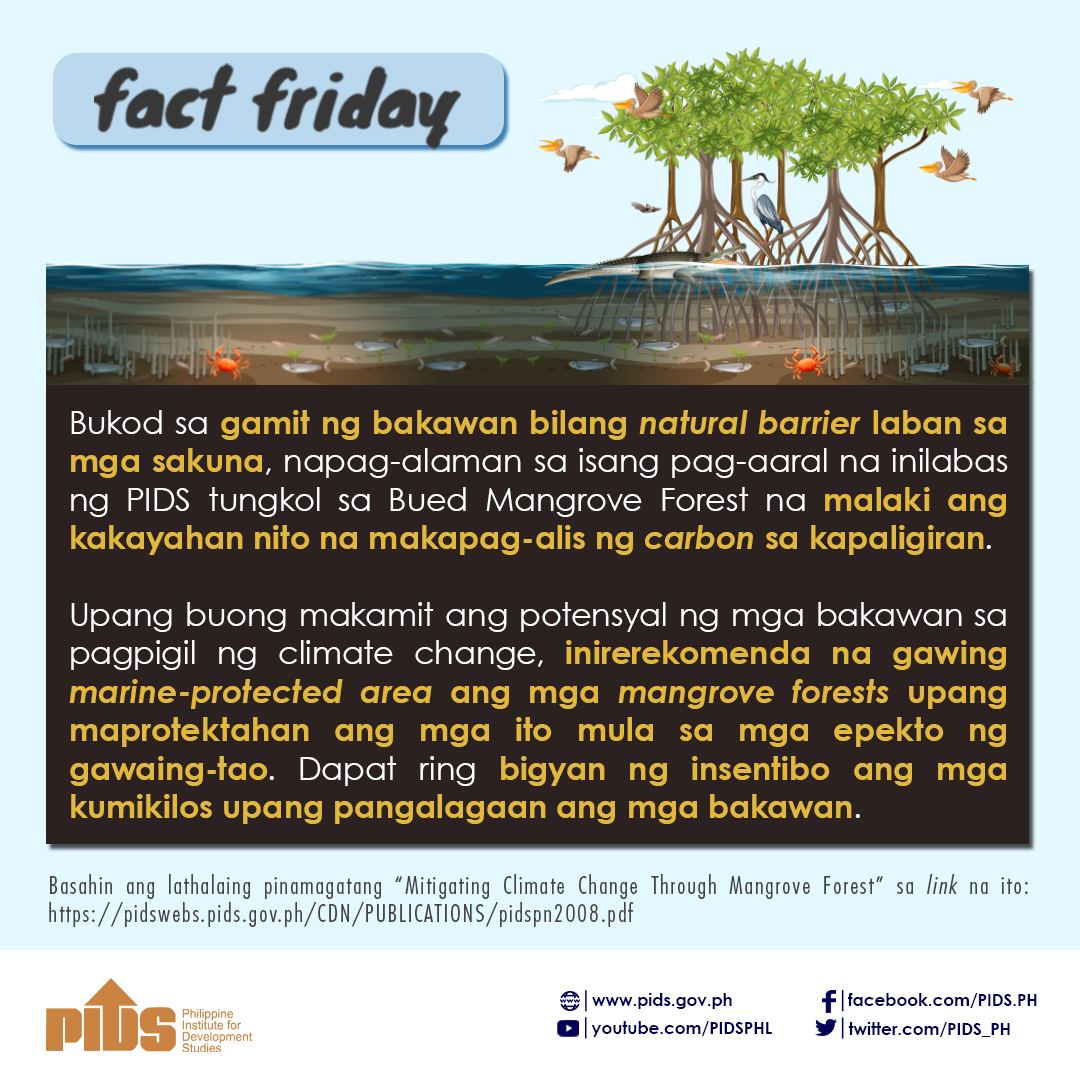Environment researcher Danilo Israel calls for cooperative and collective action in weather and climate-related forecasting among governments of Cambodia, Indonesia, Lao PDR, VietNam, and the Philippines. Israel, a senior research fellow at the Philippine Institute for Development Studies (PIDS), said that cooperation and coordination in weather forecasting would make disaster risk reduction and management more cost-efficient and effective considering the proximity of these five countries and similarity of their socioeconomic conditions.
Countries in Southeast Asia are frequented by weather and climate-related disasters that cut across national borders. For example, typhoons that originate in the Pacific Ocean usually traverse a westward path affecting the Philippines,and then Indonesia or then toward VietNam, Cambodia, Laos and sometimes even Taiwan, China and Japan. These typhoons result in massive flooding and landslides which, year -after-year, leave enormous socio-economic damages.
In his Policy Notes, Israel indicated an increase in the occurrence of disasters for the five countries in the last two decades. Comparing aggregate data from the five countries, Israel showed that the number of climate-related disasters was higher in the 2000s at 320 than in the 1990s at 195. Consequently, the number of people affected by these disasters has increased from 69.5 million in the 1990s to 84.3 million in the 2000s. In addition, ballpark estimates of the value of socio-economic damages wrought by these disasters would amount to US$ 25 million. This figure, as pointed out by Israel, is rather conservative and deficient as it only accounts for the direct and preliminary damages and leaves indirect and resulting damages unaccounted.
Although these weather and climate-related disasters are inevitable, Israel says that there are ways in mitigating their effects such as generating timely and accurate weather forecasts and effectively communicating them to stakeholders. Israel points out that investment on national meteorological and hydrological services (NMHS) is therefore necessary. However, operating NMHS and maintaining its facilities is very pricey and unaffordable considering the limited resources of these five countries. As a solution, Israel therefore proposes the establishment of a sub-regional integrated approach for weather and climate forecasting.
Israel recommends that these five countries collaborate in strengthening their capabilities in forecasting natural hazards and disasters by sharing data and information and by devising a common training and development program of NHMS personnel from each respective country. This may include inter-country personnel visitation and exchange; collaborative research and development activities on trans-boundary weather and climate-related issues; and conduct of international workshops and forums to promote exchange of information and data. In addition, Israel further proposes the creation of an inter-country committee or organization for forecasting of natural hazards and disasters that would facilitate the above mentioned activities.
Countries in Southeast Asia are frequented by weather and climate-related disasters that cut across national borders. For example, typhoons that originate in the Pacific Ocean usually traverse a westward path affecting the Philippines,and then Indonesia or then toward VietNam, Cambodia, Laos and sometimes even Taiwan, China and Japan. These typhoons result in massive flooding and landslides which, year -after-year, leave enormous socio-economic damages.
In his Policy Notes, Israel indicated an increase in the occurrence of disasters for the five countries in the last two decades. Comparing aggregate data from the five countries, Israel showed that the number of climate-related disasters was higher in the 2000s at 320 than in the 1990s at 195. Consequently, the number of people affected by these disasters has increased from 69.5 million in the 1990s to 84.3 million in the 2000s. In addition, ballpark estimates of the value of socio-economic damages wrought by these disasters would amount to US$ 25 million. This figure, as pointed out by Israel, is rather conservative and deficient as it only accounts for the direct and preliminary damages and leaves indirect and resulting damages unaccounted.
Although these weather and climate-related disasters are inevitable, Israel says that there are ways in mitigating their effects such as generating timely and accurate weather forecasts and effectively communicating them to stakeholders. Israel points out that investment on national meteorological and hydrological services (NMHS) is therefore necessary. However, operating NMHS and maintaining its facilities is very pricey and unaffordable considering the limited resources of these five countries. As a solution, Israel therefore proposes the establishment of a sub-regional integrated approach for weather and climate forecasting.
Israel recommends that these five countries collaborate in strengthening their capabilities in forecasting natural hazards and disasters by sharing data and information and by devising a common training and development program of NHMS personnel from each respective country. This may include inter-country personnel visitation and exchange; collaborative research and development activities on trans-boundary weather and climate-related issues; and conduct of international workshops and forums to promote exchange of information and data. In addition, Israel further proposes the creation of an inter-country committee or organization for forecasting of natural hazards and disasters that would facilitate the above mentioned activities.

